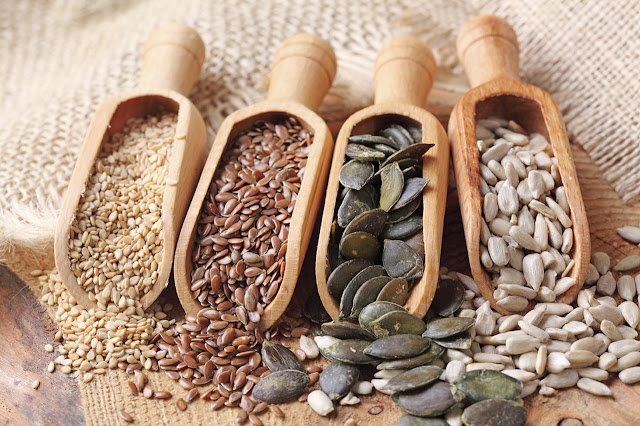Hybrid Seeds Increase Yields and Develop Disease Resistant Plants in Commercial Settings
Hybrid seeds are developed by cross-breeding
plants (two or more plants) of different species. Cross-pollinated will develop
a seed that carries one or more desired traits. These seeds are widely used in
farming (commercial) to increase yields and to develo
p climate and disease resistant
plants. Moreover, these seeds are widely used in farming and gardening of
vegetables and flowers such as sweet corn tomatoes, and roses. Hybrids are
chosen to improve the characteristics of the resulting plants such as better
fruit quality, better uniformity, heat and cold tolerance, early maturity,
increased yield, etc.
Increasing demand for vegetables and fruits from
emerging economies is expected to increase the demand for hybrid seeds. Hybrid seeds are the major contributors to the rise in agricultural output since the
20th century. Several breeding companies are focused on developing the
resultant crops resistant to diseases through extensive research and
development activities. However, the development of such seeds may be hindered
under adverse climatic conditions. In 2018, a German company launched a hybrid
rice seed with robust tolerance to Brown Plant Hopper pests and Bacterial Leaf
Blight.
In May 2020, Mexican researchers developed a
series of corn varieties (corn seeds) with better yields and resistance to diseases.
Moreover, in April 2020, two new breeding specialists joined Japan Vegetable
Seeds. One of them has patented new hybrid seed selection and improvement
techniques and developed techniques and biotechnologies to develop products in
anticipation of customer requirements. Hybrid seeds are treated with chemical,
physical, and biological agents to grow healthy crops and protect them from insects
and pests. Long term hybrid seed can be stored for around 4 years and more,
medium term hybrid seed can be stored for up to 12 to 36 months and short term hybrid
seed can be stored for up to 9 to 12 months.



Comments
Post a Comment